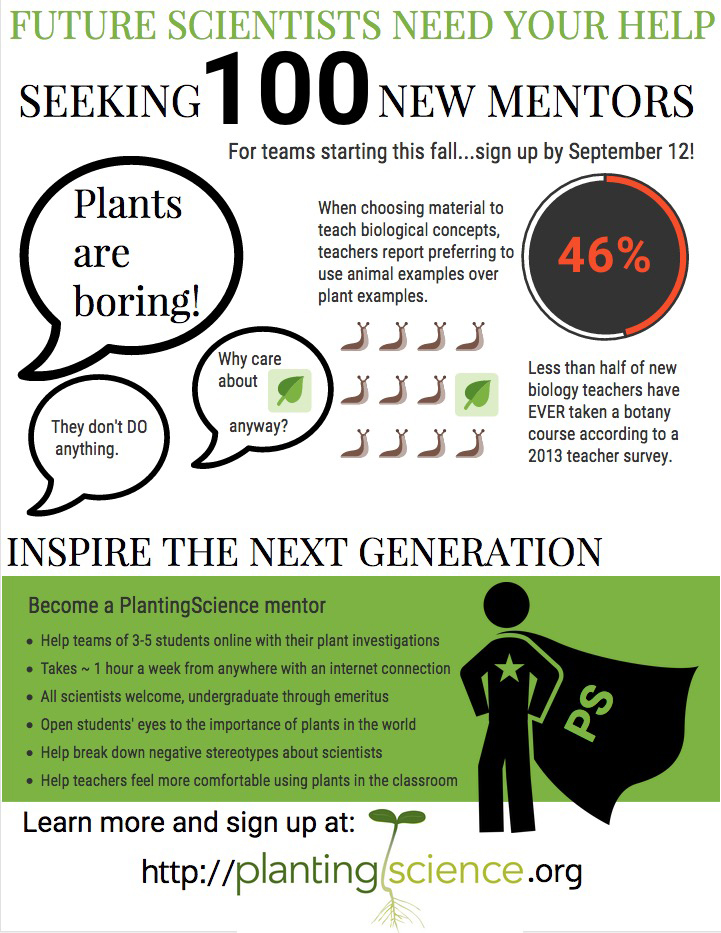IAPT Travel Grants for Students - XIX IBC (Shenzhen)
The International Association for Plant Taxonomy (IAPT) opens a short round for travel grant applications to attend the International Botanical Congress at Shenzhen (July 2017) and present an oral communication or a poster.
The call will be open only for one week in order to comply with the deadlines for presentation of oral abstracts at the IBC.
Applicants should be students and recipients of an IAPT Research Grant in the last years.
Applications should include an abstract to be presented at the IBC and general information (name of applicant, institution, country, title of the communication, prospective budget)
The application period is open until Jan. 18 2017
Twenty grants are available and the maximum amount for each grant is US$1,000.
The projects are to be submitted to: Dipl.-Ing. Eva Senková Managing Secretary IAPT office@iapt-taxon.org





